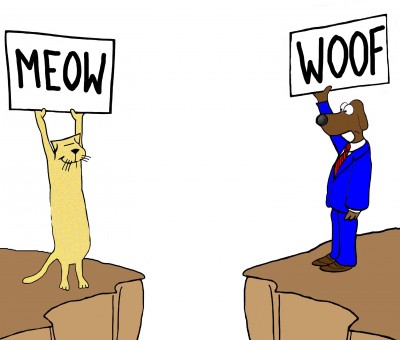 Healthcare is quickly becoming dementia care. Whether you work in a clinic, long term care, home care, or hospital, you will interact with people dementia. And these people will likely have speech and language challenges. Dementia care training often focuses on the underlying impairment when care partners really need practical solutions. Easy-to-learn dementia communication skills, save both parties frustration. Here are a helpful strategies.
Healthcare is quickly becoming dementia care. Whether you work in a clinic, long term care, home care, or hospital, you will interact with people dementia. And these people will likely have speech and language challenges. Dementia care training often focuses on the underlying impairment when care partners really need practical solutions. Easy-to-learn dementia communication skills, save both parties frustration. Here are a helpful strategies.
When she has trouble finding the right words to tell you want she wants to say or you can’t understand her because of “word salad” or slurred speech.
- She may understand more than she can express with words.
- Use skilled touch to reassure her.
- Listen for a key word or phrase to give you a clue about what she is telling you and repeat the word to let her know you are paying attention.
- Remember the emotions behind the words are more important than the words. Validate the emotion. Mirror the non-verbal expression: facial expression, movements or sounds.
- It is easier for her to answer yes or no questions or those requiring one word response rather than open ended questions.
When he has trouble understanding what you say:
- Use touch to engage his attention.
- Supplement your speech with gestures.
- Be patient. Allow time for him to absorb what you said.
- Pay attention to your non-verbal expression. It “speaks” when words are lost.
- Point to objects that will clarify the message – or act out what you are trying to say.
- Ask one question at a time.
When you feel confident in your ability to handle dementia communication challenges, you’re more at ease. You can then shift your focus away from the physical condition to what is even more important—the person you are serving at the moment. You will be freer to connect with the person as a human being, a form of communication that speaks louder than words ever can. Isn’t that what person centered care is all about?

